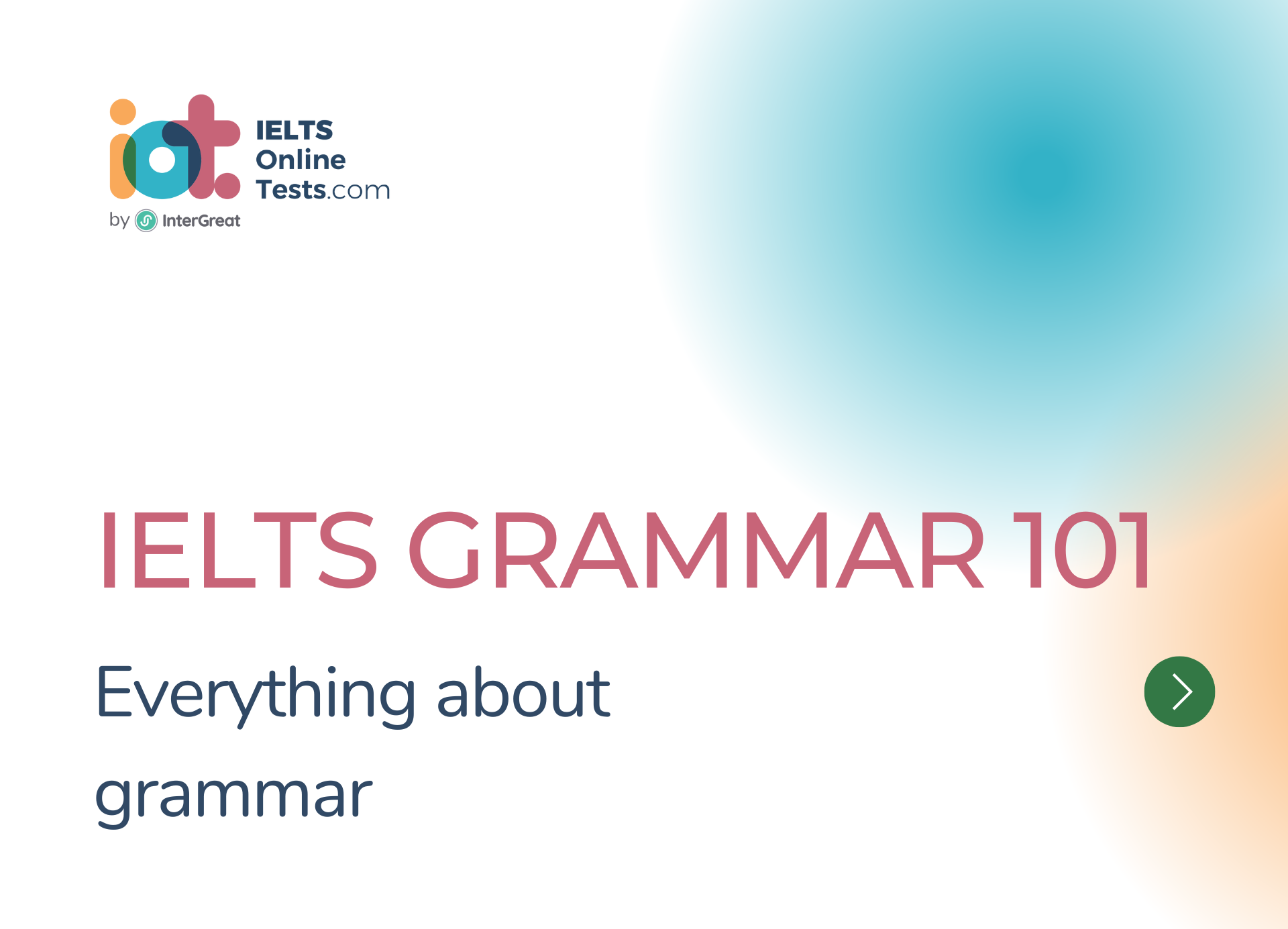
IELTS Grammar 101 by IOT
In the journey towards achieving success in the IELTS examination, a solid grasp of grammar is essential. The IELTS Grammar 101 course is designed to equip you with the necessary skills to excel in your language proficiency. By exploring the intricacies of nouns, pronouns, verbs, adjectives, adverbs, prepositions, conjunctions, and more, you will unlock the power of effective communication.
Understanding the different types of nouns, pronouns, and verbs will enable you to construct grammatically correct and contextually appropriate sentences. You will learn how to express ideas with precision, utilize pronouns to avoid repetition, and convey actions and states of being effectively.
Additionally, delving into the nuances of adjectives, adverbs, prepositions, and conjunctions will enhance your language skills, allowing you to describe, modify, and connect ideas seamlessly. By avoiding common mistakes and understanding correct usage, you will elevate the quality and clarity of your writing and speaking.
With this comprehensive knowledge of grammar, you will approach the IELTS examination with confidence. Your ability to construct well-formed sentences, express ideas with accuracy, and convey nuances will set you apart as a strong and proficient English language user.
Without any further ado, let's dive into our exclusive IELTS Grammar 101 course for FREE:
- NOUNS
- PRONOUNS
- VERBS
- Action Verb definition, types, and examples
- Linking Verbs
- Auxiliary Verbs
- Modal Verbs
- Verb Tenses
- The Simple tenses
- The Continuous tenses
- The Perfect tenses
- The Perfect Continuous tenses
- Key differences between the Simple Present, Present Continuous, Present Perfect, and Present Perfect Continuous tenses
- Key differences between the Present Perfect and the Present Perfect Continuous tenses
- Key differences between the Simple Past, Past Continuous, Past perfect, and Past perfect Continuous tenses
- Key differences between the Past Perfect and Past Perfect Continuous Tenses
- Key differences between the Simple Future, Future Continuous, Future Perfect, and Future Perfect Continuous tenses
- Key differences between the Future Perfect and Future Perfect Continuous tenses
- Verb Agreement
- Verb Phrases
- Regular and Irregular Verbs
- Verb Voices
- Phrasal Verbs
- Active and Passive voices
- The verb "to be"
- Moods of Verbs
- SENTENCE PARTS
- ADJECTIVES
- ADVERBS
- PREPOSITIONS
- CONJUNCTIONS
- VERBALS
- CLAUSES
- SENTENCES
Embrace the journey of mastering IELTS grammar, and open the doors to success in your language proficiency and the IELTS examination. Start your grammar exploration today and empower yourself with the tools needed to excel in the world of English language proficiency.




